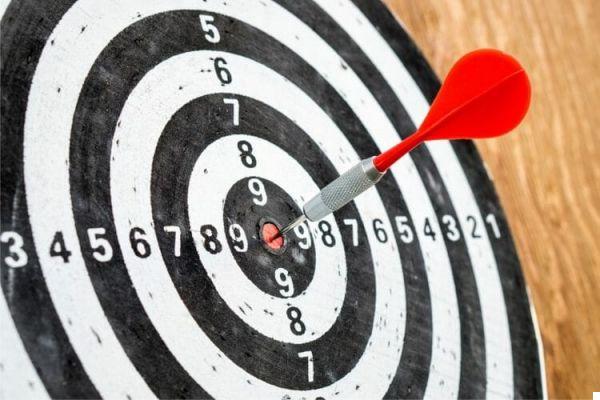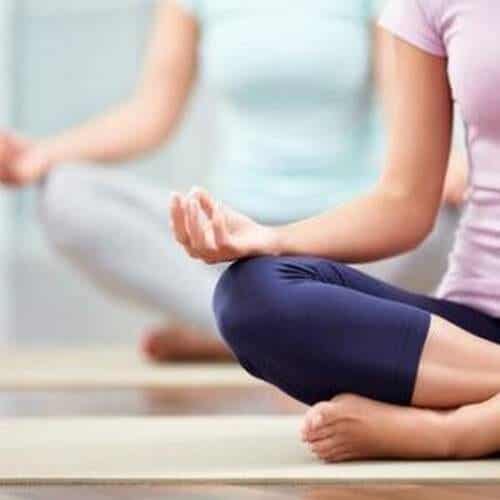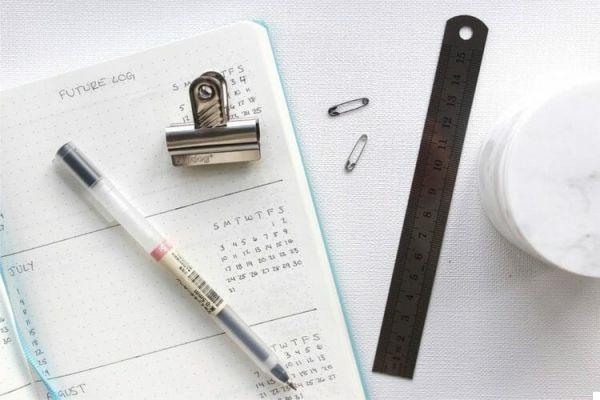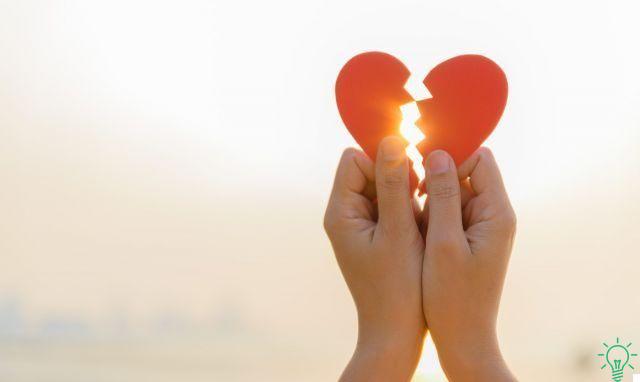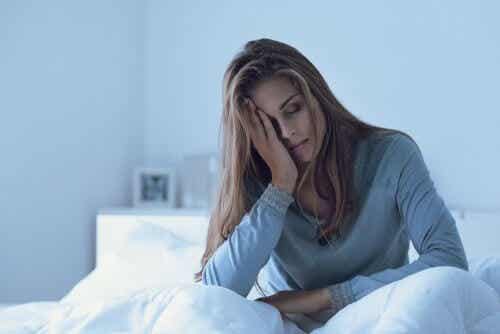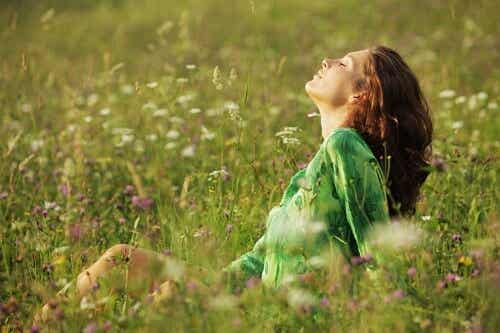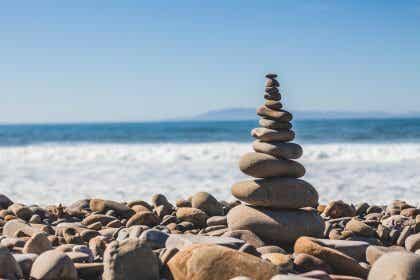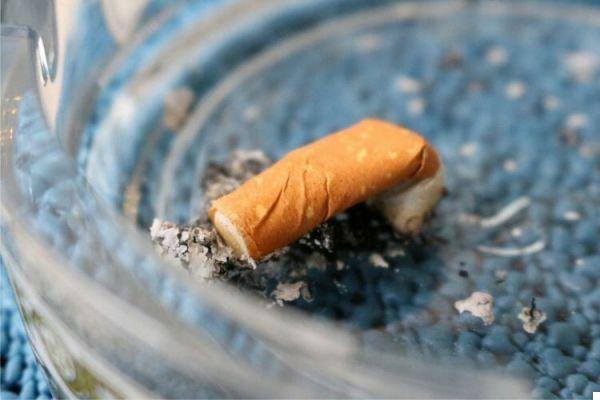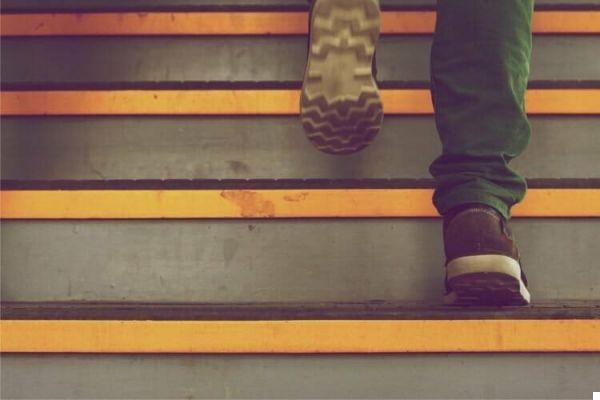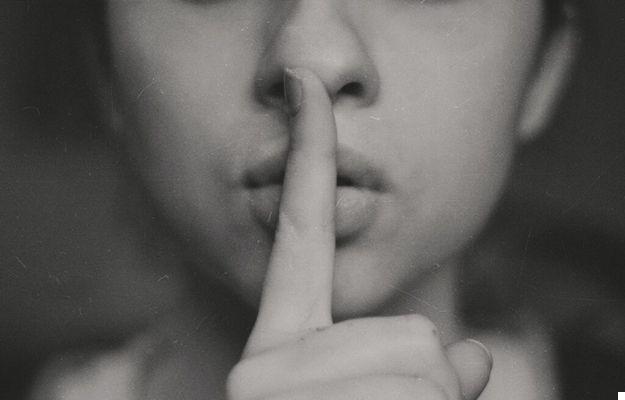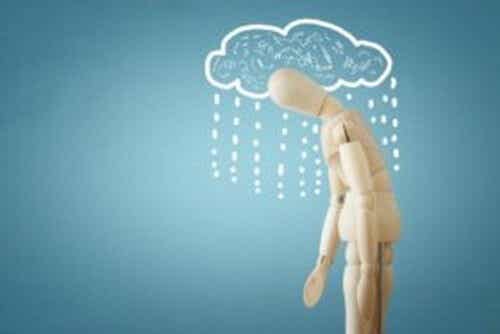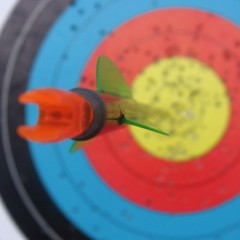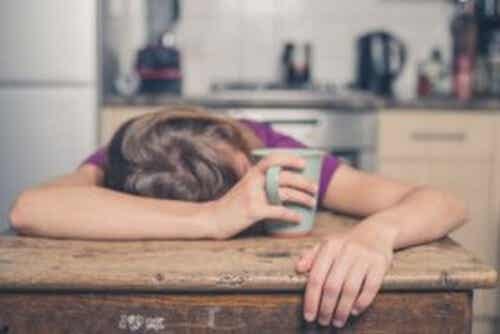Living in an apartment with poor sunlight during seclusion can prove fatal. Among the consequences of this circumstance we can feel discouraged, suffer from sleep disorders and have a vitamin D deficiency. Let's see how to deal with this situation.
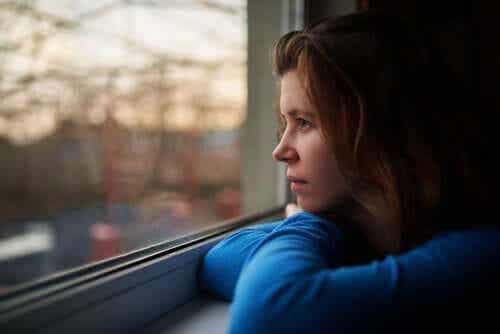
Last update: January 28, 2021
Lack of sunlight during insulation is a problem that affects many homes. The current pandemic arrived in the spring, forcing us to deprive ourselves of this wonderful season. Although the days are longer and the sun is warmer, millions of people are experiencing quarantine without any contact with this essential source of life for humans.
Living in small apartments whose orientation does not favor the entry of sunlight is quite common. The same problem applies to the first floor houses located in small city streets where it is difficult even to tell if it is morning or afternoon. These factors can have some impact on health and psychological well-being.
The human being is homeothermic, that is, it depends on sunlight, not just to regulate its own temperature. In fact, sunlight is also essential for promoting the balance of sleep cycles and for adequate metabolism. In addition, of course, to the powerful effect that the heat of the rays has on our mental health.
Sunlight during isolation is essential for well-being
Michael Terman, a well-known psychiatrist expert in chronotherapy, has witnessed during his career how changes in light at various stages of the year or changes in lighting inside buildings can affect human behavior. Without sunlight, people suffer from sleep, mood and even body weight disorders.
Many of us are not really aware of the importance of this factor in our life. We are a company used to carrying out most of our activities indoors, under artificial light beams. Most of us work in indoor offices, getting up at dawn and returning home in the evening hours.
Once back home, our contact continues with electronic devices, with computers, mobile phones, TV ... The so-called blue light of technology contributes to altering our circadian rhythms, reducing the production of melatonin.
In the current context of health emergency and with the ban on leaving the house as a preventive measure, a new problem emerges. Lack of sunlight during isolation can be fatal in many cases. We analyze the consequences and preventive measures to be used.
Vitamin D deficiency
According to a study carried out by Dr. Robert Nair of the University of California, almost 50% of the world population will suffer from a vitamin D deficiency. One of the main causes is the lack of outdoor activity and lack of contact with the sun.
Lack of adequate natural lighting in the home during quarantine can aggravate this fact. They can emerge problems related to calcium metabolism and weakening of the immune system.
It is therefore essential, where possible, to stay in the sun at least 20 minutes a day. Make use of your terraces, windows or corners from which sunlight enters. On the other hand, let's not forget that there are other sources of vitamin D such as dairy products, eggs or oily fish.
Sleep disturbances due to lack of sunlight in isolation
Living in a house or apartment with little light affects the quality of sleep. These alterations can result in insomnia or hypersomnia or affect our habits, leading us to take long afternoon naps and go to bed in the evening without sleep. As far as possible, these recommendations should be followed:
- We establish routines to better manage time. By following daily habits with discipline, we will be able to better notice the changes in us. The most intense activities such as teleworking, cleaning the house or playing sports should be done in the morning. In the afternoon, let's dedicate ourselves to more relaxing tasks, such as a hobby, reading, watching a TV series ...
- It is essential to wake up and go to bed at the same time all the time. If we want to take an afternoon nap, it should only last 20 or 2.
- Another goal is for our brains to distinguish day from night. Looking for a light source and using it for 20 minutes can do us really good.
Mental health and mood in low-light spaces
There is one aspect we cannot overlook: our mental health can suffer from being indoors for a long time without sunlight.
We need to activate our psychological defenses and, if necessary, ask for help. An apartment in the dim light will increase the despair. We keep the following key points in mind:
- It is essential (we repeat) to stay in the sun at least 20 minutes a day.
- We avoid leaving the house in semi-dim light. Let's get cheap lights to create a pleasant atmosphere.
- Let's focus on the routine to organize our time.
- We keep in touch with loved ones through messages, calls and video calls.
- We carry out creative activities so that our mind remains active, free and find spaces to create connections with the present.
- Exercise will also help us produce endorphin, serotonin, dopamine ... Neurotransmitters essential to improve the mood.
- Let's set goals. We accept our negative emotions, let them flow from time to time but never forget our purpose and hope. Let's not let it fail.
Finally, although isolation is not easy for anyone, there are people who find themselves in situations that make them more vulnerable. Let's keep this in mind, we find strategies to improve their quality of life in these circumstances and ask for help if needed.




